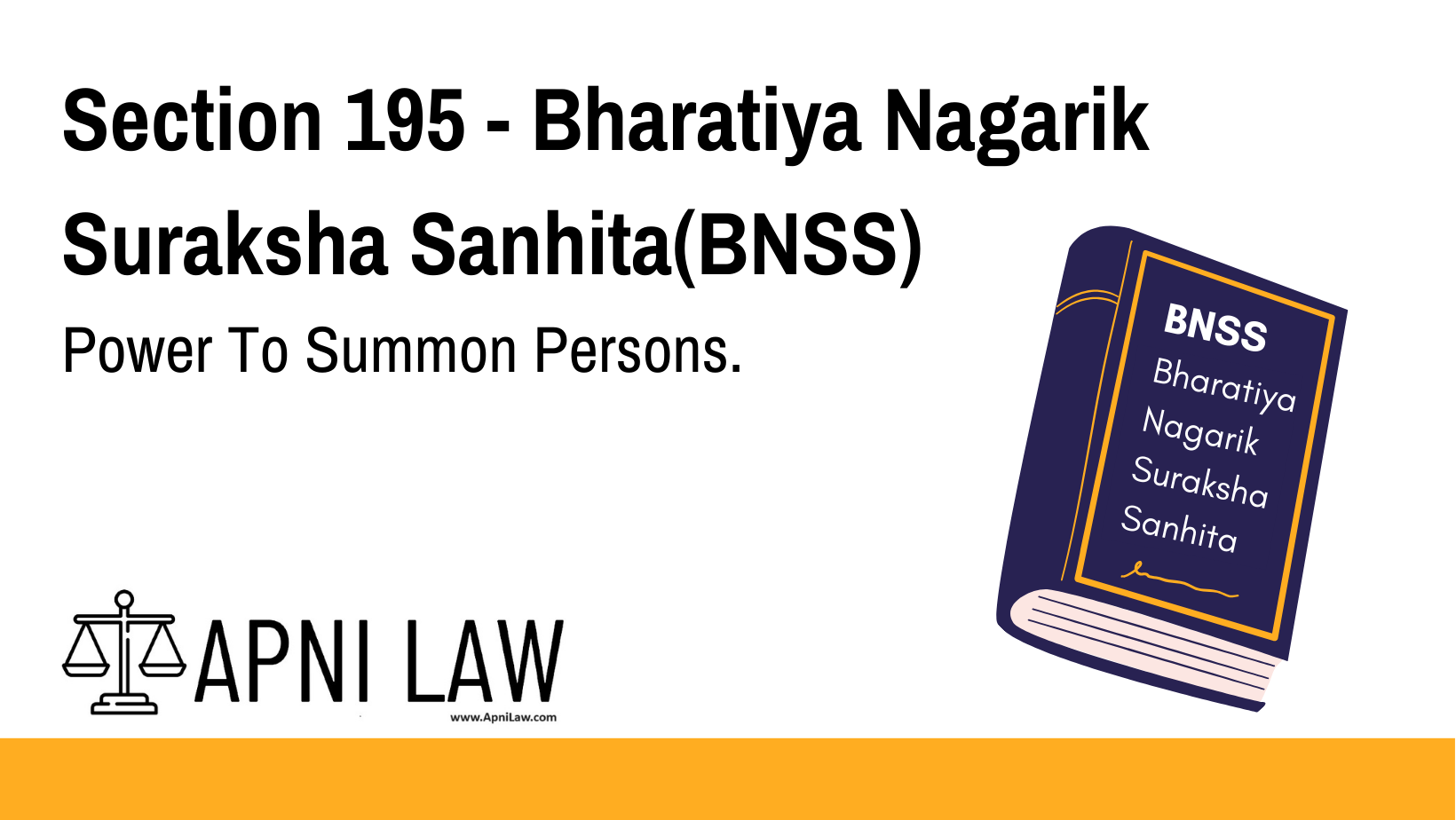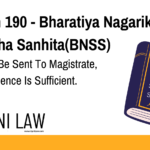Code:
(1) A police officer proceeding under section 194 may, by order in writing, summon
two or more persons as aforesaid for the purpose of the said investigation, and any other
person who appears to be acquainted with the facts of the case and every person so
summoned shall be bound to attend and to answer truly all questions other than questions
the answers to which would have a tendency to expose him to a criminal charge or to a
penalty or forfeiture:
Provided that no male person under the age of fifteen years or above the age of sixty
years or a woman or a mentally or physically disabled person or a person with acute illness
shall be required to attend at any place other than the place where such person resides:
Provided further that if such person is willing to attend and answer at the police
station, such person may be permitted so to do.
(2) If the facts do not disclose a cognizable offence to which section 190 applies, such
persons shall not be required by the police officer to attend a Magistrate’s Court.
Explanation
Section 195 BNSS grants police officers the authority to summon persons for investigation when dealing with cases under Section 194, such as suicides, suspicious deaths, or unnatural deaths. This ensures that witnesses and relevant individuals provide information while also safeguarding certain vulnerable groups from undue hardship.
Key Provisions:
- Who Can Be Summoned?
- Any local respectable persons.
- Any person acquainted with the case facts.
- Exemptions:
- Children under 15 years.
- Elderly above 60 years.
- Women, disabled persons, and critically ill individuals are exempt from being summoned outside their residence.
- Legal Obligation to Attend:
- Every summoned person must appear and truthfully answer questions unless answering could self-incriminate them.
- Limitations on Police Power:
- If the case does not involve a cognizable offence, the police cannot compel summoned persons to appear before a Magistrate.
Illustration
Example 1: Summoning Local Witnesses in a Suspicious Death Case
A police officer investigating a suicide under Section 194 summons two neighbors who were the last to see the deceased alive.
- The witnesses must attend and answer truthfully, unless doing so would self-incriminate them.
Example 2: Exemptions from Summons
A 60-year-old woman with a physical disability is a key witness in a homicide case.
- The police cannot compel her to visit the station.
- Instead, the officer records her statement at her residence.
Example 3: Case Where Police Cannot Compel Attendance Before a Magistrate
The police investigate an accidental death and summon a factory worker for questioning.
- The investigation reveals no criminal offence.
- Since no cognizable offence is found, the worker cannot be forced to appear in court.
Common Questions and Answers
1. Who can be summoned under Section 195?
- Answer: Any local resident or person with knowledge of the case, except certain exempted individuals.
2. Can a woman be forced to attend a police station?
- Answer: No. Women cannot be compelled to appear outside their residence unless they voluntarily agree.
3. Are summoned persons required to answer all questions?
- Answer: They must answer truthfully, except for questions that could self-incriminate them.
4. What happens if the investigation does not involve a cognizable offence?
- Answer: If no cognizable offence is found under Section 190, the police cannot force summoned persons to appear before a Magistrate.
Conclusion
Section 195 BNSS gives police officers the authority to summon witnesses and relevant persons during an investigation. However, it also protects vulnerable individuals from undue hardship and limits police power by ensuring that non-cognizable cases do not lead to forced court appearances.











